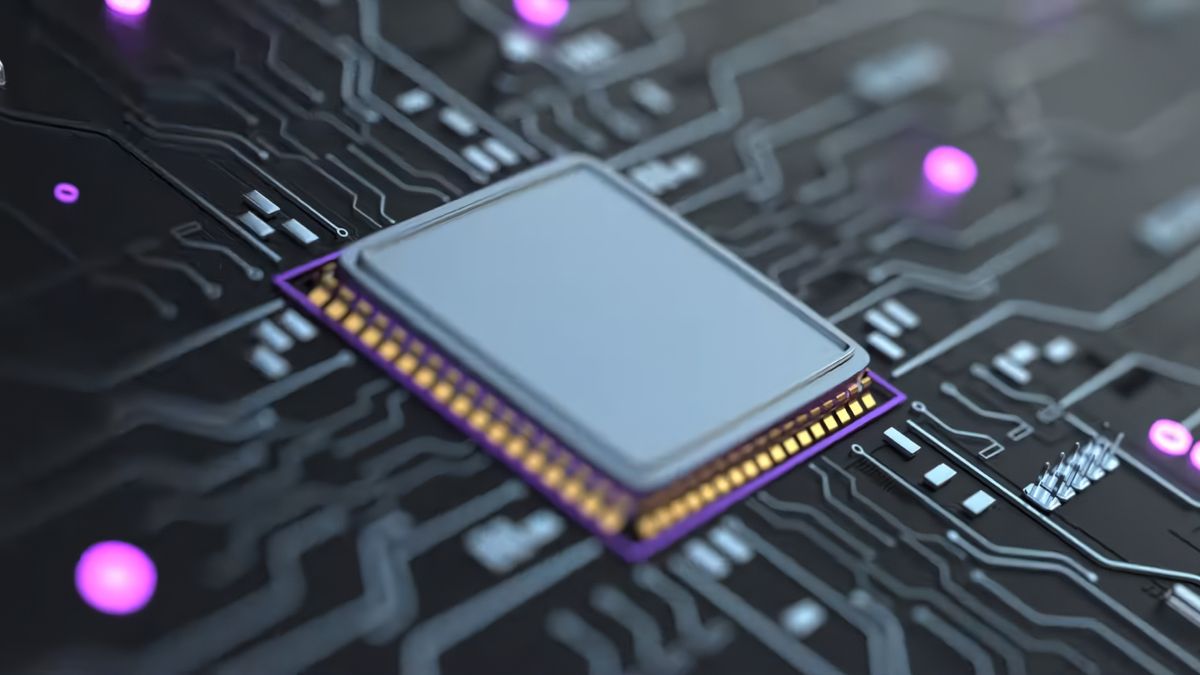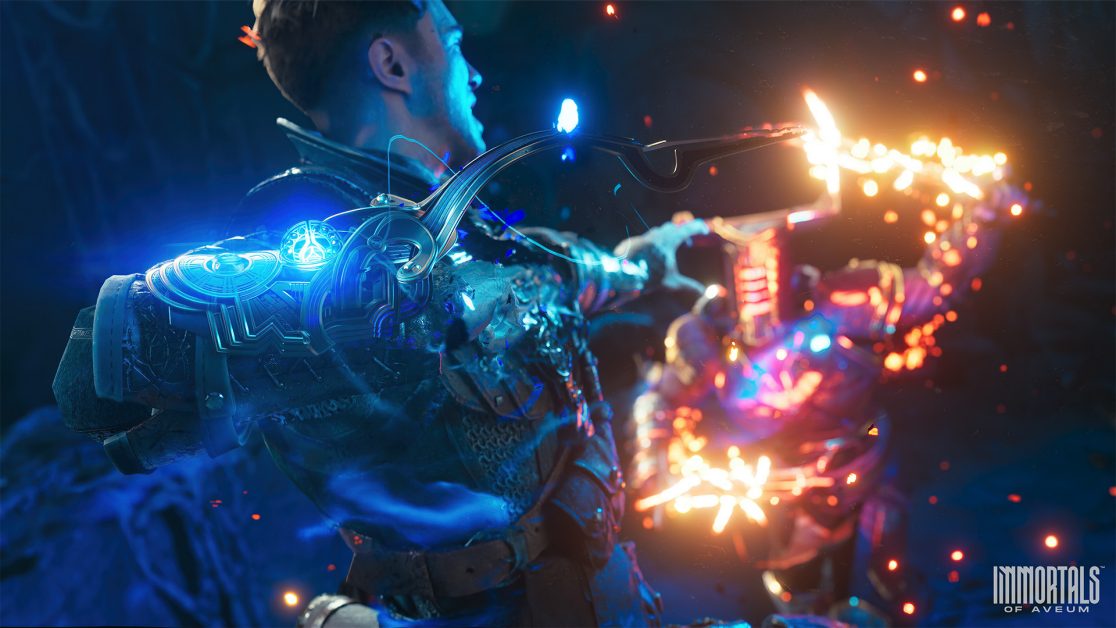ULTRARAM is coming.

 www.pcgamer.com
www.pcgamer.com

ULTRARAM may be a silly name but it's the holy grail for memory tech and means your PC could hibernate for over 1,000 years
Close your laptop lid and open it 1,000 years later to carry on your Baldur's Gate 3 save as if nothing had happened.



